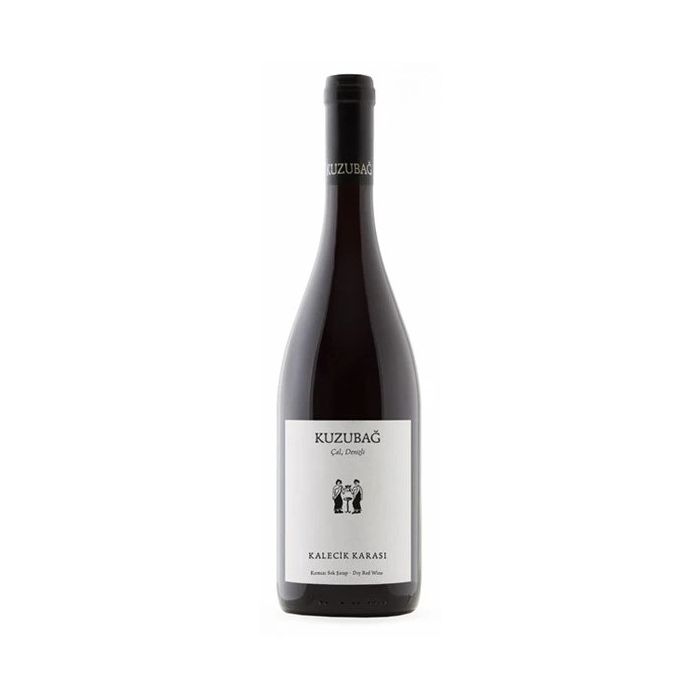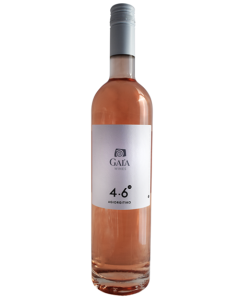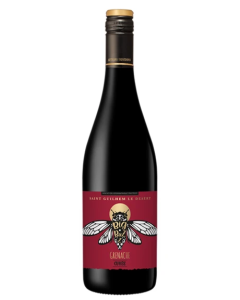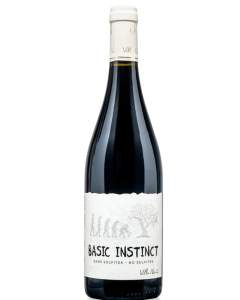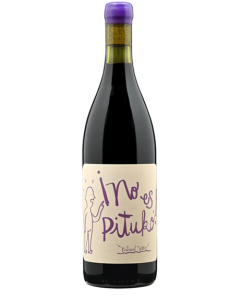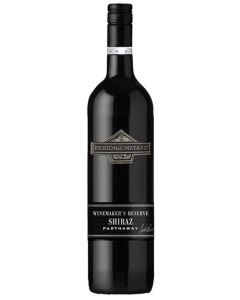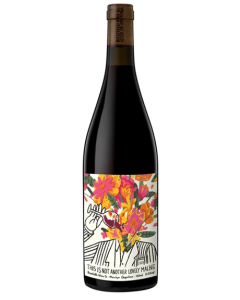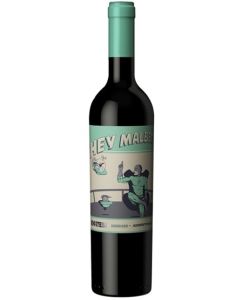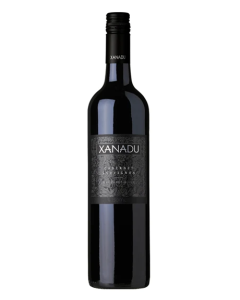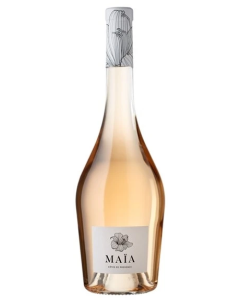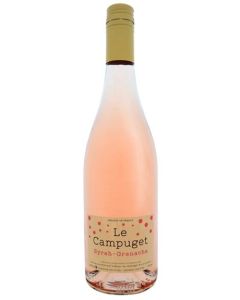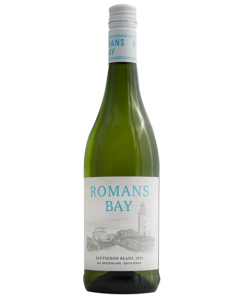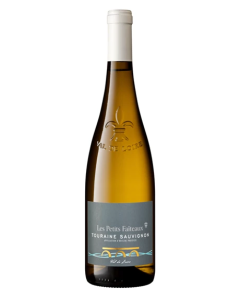We use cookies to make your experience better. To comply with the new e-Privacy directive, we need to ask for your consent to set the cookies. Learn more.
Kuzubag Denizli Kalecik Karası 2023
Kuzubag Denizli Kalecik Karası 2023
- Country- Turkey
- Region- Aegean
- Grape Varieties- Kalecik Karasi 100%
- Alcohol by volume- 13.5%
- Body Value: C (A is light, E is full-bodied)
- Residual Sugar: 0.3 Contains Sulphites: Yes
- Vegetarian/Vegan: Yes/Yes Milk/Eggs: No/No
- Organic: In Conversion
- Biodynamic: No
- Case 6/ 75cl
- Producer- Kuzubağ
- With its refined plum colour, a blast of forest fruit aromas on the nose and clove notes on the back palate, this wine’s tannins are balanced with a lively acidity, medium-high body, medium tannins and a long finish. The Kalecik Karası grape is a variety indigenous to central Anatolia, yet it feels right at home in the terroir of Çal and has quickly adapted to it. Described as “Turkey’s answer to Burgundy Reds” by the IWC judges, its fragrant elegance perfectly complements Mediterranean and Anatolian cuisines.
- Awards
- Trophy, IWC, 2025
- Gold, IWC, 2025
The winemaking process is done entirely by gravity. Before fermentation, cold maceration took place for 3 days with a minimum of around 7-8 degrees in stainless steel tanks. Different stirring techniques were used twice a day depending on the must's condition, such as punch down, delestage, and pumping over during the maceration and fermentation phase. Fermentation temperatures were around 23-25C° using commercial yeast in stainless steel tanks. 66% of the wine was matured in second-use French oak barrels for 5 months, and the rest matured in stainless steel tanks.
With its refined plum colour, a blast of forest fruit aromas on the nose and clove notes on the back palate, this wine’s tannins are balanced with a lively acidity, medium-high body, medium tannins and a long finish. The Kalecik Karası grape is a variety indigenous to central Anatolia, yet it feels right at home in the terroir of Çal and has quickly adapted to it. Described as “Turkey’s answer to Burgundy Reds” by the IWC judges, its fragrant elegance perfectly complements Mediterranean and Anatolian cuisines.

